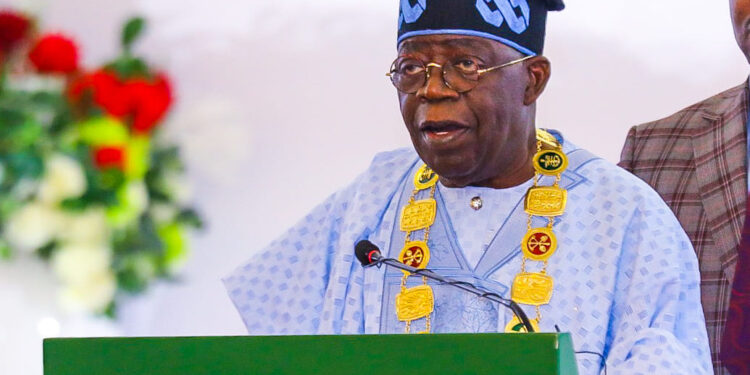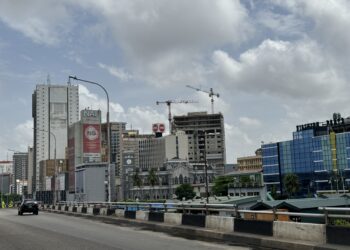The New Dimension Shareholders Association of Nigeria has strongly criticized the Federal Government’s decision to impose a 50% windfall tax on banks due to their foreign exchange gains.
President Bola Tinubu had proposed an amendment to the 2023 Finance Act, aiming to impose a 50% tax on foreign exchange gains recorded by commercial banks in Nigeria for the full year 2023.
This move, now awaiting Senate approval, has sparked considerable controversy among stakeholders.
In a letter to the Senate, President, Tinubu explained that the revenue generated from this tax would be allocated to capital infrastructure development, education, healthcare access, and public welfare initiatives.
Financial performance of banks
The President of the New Dimension Shareholders Association (NDSA), Mr Patrick Ajudua in an exclusive chat with Nairametrics deems this move as not only immoral but also an unjustifiable attempt to undermine the positive financial performance of banks during a challenging operating environment.
This action, Ajudua argues, will significantly reduce the shareholders’ funds of these banks.
“The decision of Federal govt to impose windfall tax on banks as a result of forex gains recorded is not only immoral but an attempt to unjustifiable destroy the positive financial performance of banks at this difficult operating environment and to a large extent cause reduction in shareholders fund of the bank.
Ajudua said that as representatives of bank shareholders, the association expressed outright condemnation of this “unholy move” and called for an immediate halt to such considerations.
He pointed out that the forex gains in question arose from the devaluation of the naira, which did not involve any actual cash movement according to him, consequently, the Central Bank of Nigeria (CBN) had issued circulars instructing banks not to pay dividends from these gains.
As shareholders of the banks, we outrightly condemned this unholy move and ask that such taught and move be halted.
“Why would the government attempt to impose a tax on such gains? It is both unfair and immoral,” he said
Legal resistance from the shareholders
Ajudua warned that any continued pursuit of this tax policy would be met with legal resistance from the shareholders.
He suggested that the government explore alternative means to finance its expenditures rather than relying on such funds.
He dismissed the justification of using these funds for infrastructural development, comparing it to the previous controversial attempts to use pension funds for similar purposes.
“Government must look for other ways to improve or finance their expenditure. The taught of using such fund to finance infrastructural development doesn’t hold water as the same reason was adduce to attempt at using the pension fund,” he said.
Foreign exchange volatility
To address foreign exchange volatility and create a conducive business environment that attracts more foreign investors, Ajudua recommended that the government focus on improving oil production.
Additionally, he advocated for the prudent use of resources and the development of local industries to reduce pressure on the naira and enhance its stability.

























Banks should face recapitalisation first